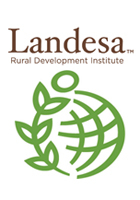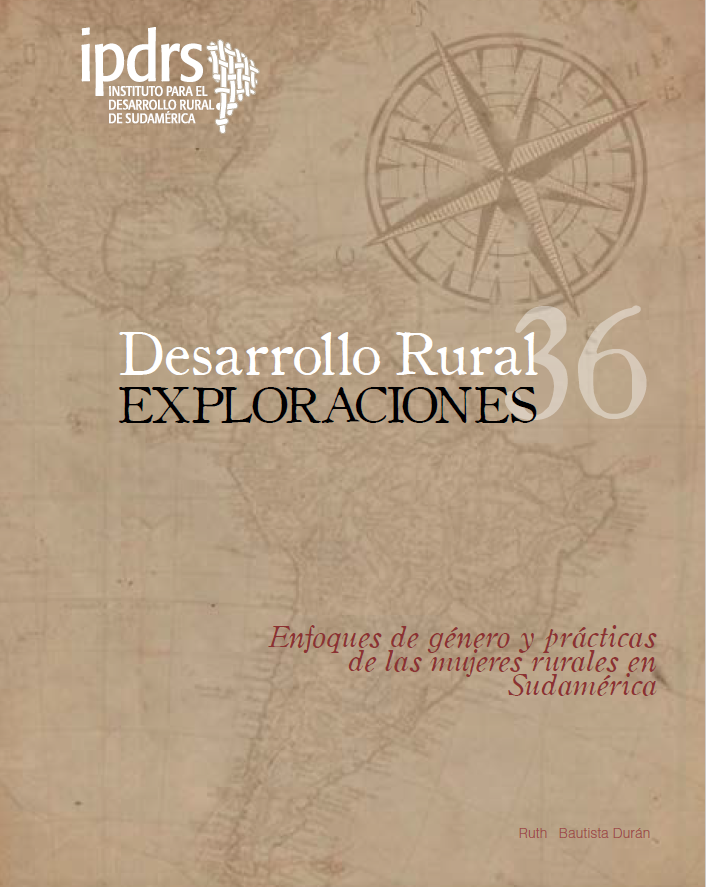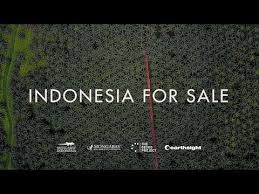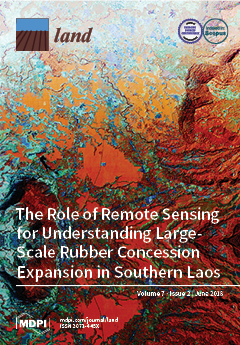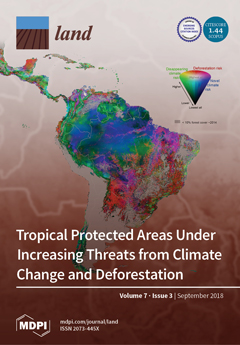New regulations governing land sales in Central and Eastern Europe: Imposing restrictions via particularized institutions?
In response to the expiration of the transitory restrictions imposed on agricultural land acquisitions by foreigners, governments in Central and Eastern Europe have introduced new rules governing land sales transactions. Since direct restrictions on foreign investors would now be illegal under the EU treaties, the desire to preserve the status quo has resulted in limited access to land not only for foreigners but also for some groups of domestic investors. In this study, we analyze land market regulations adopted in Latvia, Poland, Romania, and Slovakia.


